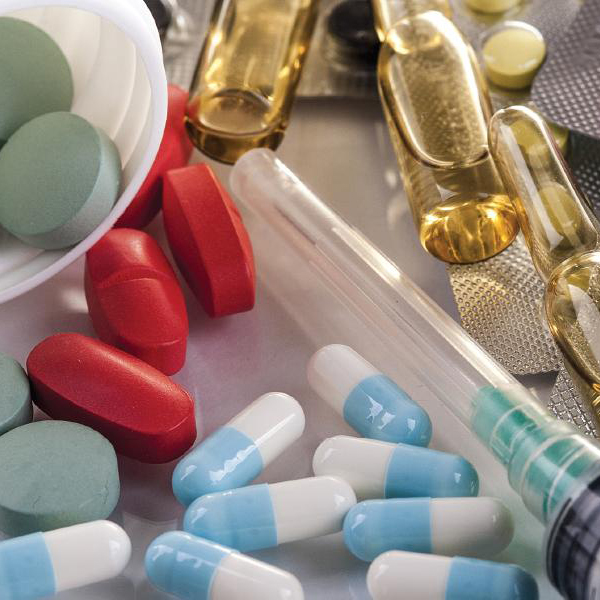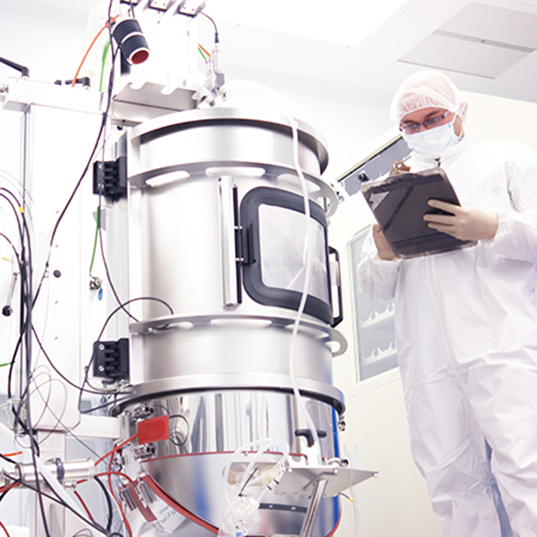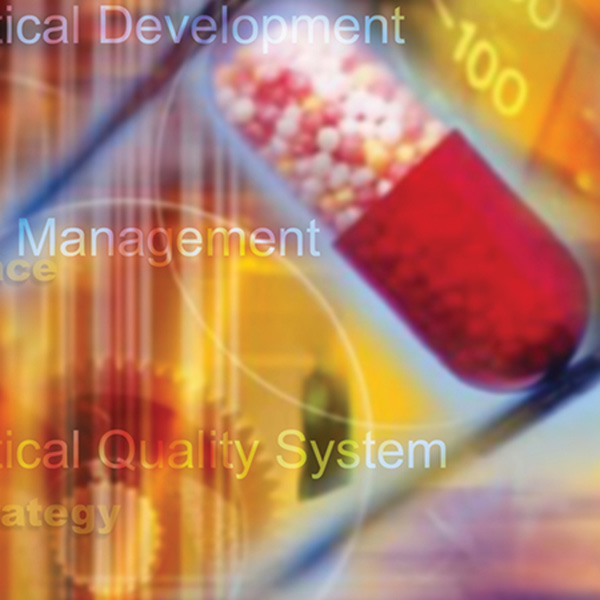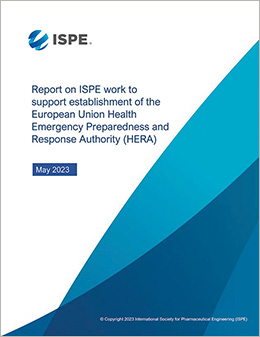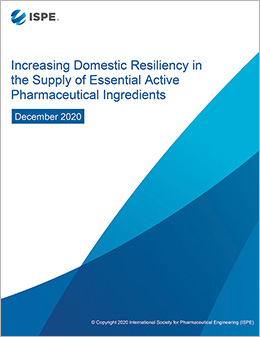ISPE’s regulatory initiatives and programs focus on solving problems of importance to industry and supporting convergence of global regulatory and quality expectations for the benefit of patients.
Initiatives
Current Topics
ISPE Regulatory Digest Newsletter
.jpg)
ISPE Regulatory Digest Q4 2024
- FDA on Regulatory Reliance and Agility
- EMA on the Future of Innovation and Regulation
- ISPE Global Regulatory Town Hall: The Future is Now
- Global Adoption Status and Implementation of ICH Guidelines Q12, Q2(R2), and Q14
- Roger Nosal awarded ISPE Distinguished Achievement Award
![]()
ISPE Regulatory Digest Q3 2024
- FDA on AI in Pharmaceutical Manufacturing
- A Holistic Approach to Supply Resiliency
- ISPE Regulatory Perspectives in Pharmaceutical Engineering® Magazine
- Quality Management Maturity Industry Study
ISPE Reports
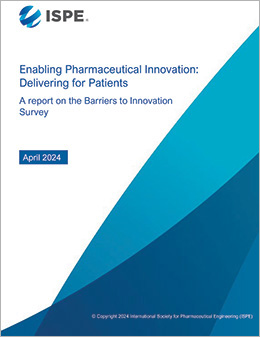
Enabling Pharmaceutical Innovation: A report on the Barriers to Innovations Survey
During the last decade, industry has experienced a proliferation of regulatory divergence with respect to the interpretation and implementation of ICH guidelines (and control strategies) across geographic regions. In 2023 ISPE conducted a survey to gather data on the extent and severity of challenges/barriers globally in developing and implementing innovative technologies. The Report on the Barriers to Innovation Survey contains survey background, ssummaries of findings, conclusions and recommendations, and a discussion of next steps. Complete survey results are included in an Appendix.
Report on ISPE work to support European Union Health Emergency Preparedness and Response Authority
In 2022 ISPE worked with McKinsey and Company to provide technical and Chemistry, Manufacturing, and Controls (CMC) information on two workstreams to inform the newly, created European Commission Directorate-General, Health Emergency Preparedness and Response Authority (DG HERA). The workstreams were stockpiling antimicrobial resistance medical countermeasures, and flexible manufacturing and innovation countermeasures. This report summarizes the discussions and recommendations made by ISPE to the projects.
Increasing Domestic Resiliency in the Supply of Essential Active Pharmaceutical Ingredients
ISPE produced this report in response to a request from the US Department of Air Force Acquisition COVID-19 Task Force (DAF ACT) to advise regulatory, technical, and workforce elements favorable to creating a more robust and sustainable domestic pharmaceutical manufacturing base for Active Pharmaceutical Ingredients (APIs). The report lays out technical, regulatory and workforce changes that stakeholders in any country or region could consider to reduce the risks of API shortages to meet demands for essential medicines at any time, but particularly in pandemics and other emergencies.
Additional Regulatory Resources
Regulations, Guidelines & Other Documents
A select list of recently released regulations, guidelines and other documents compiled by the ISPE Regulatory Quality Harmonization Committee (RQHC)’s Europe-Middle East-Africa Regional Focus Group
International, Regional & National Authorities
A select list of global regulatory organizations.
GAMP®
Created to address evolving FDA and other regulatory agency expectations for computerized system compliance and validation, GAMP® good practices are used globally by regulated companies and their suppliers, and are widely supported by regulatory agencies.
Good Manufacturing Practice GMP
Good Manufacturing Practice (GMP) is a system for ensuring that products are consistently produced and controlled according to quality standards. It is designed to minimize the risks involved in any pharmaceutical production that cannot be eliminated through testing the final product.
GMP covers all aspects of production from the starting materials, premises, and equipment to the training and personal hygiene of staff. Detailed, written procedures are essential for each process that could affect the quality of the finished product. There must be systems to provide documented proof that correct procedures are consistently followed at each step in the manufacturing process - every time a product is made.
For more information, contact RegulatoryAffairs@ispe.org


